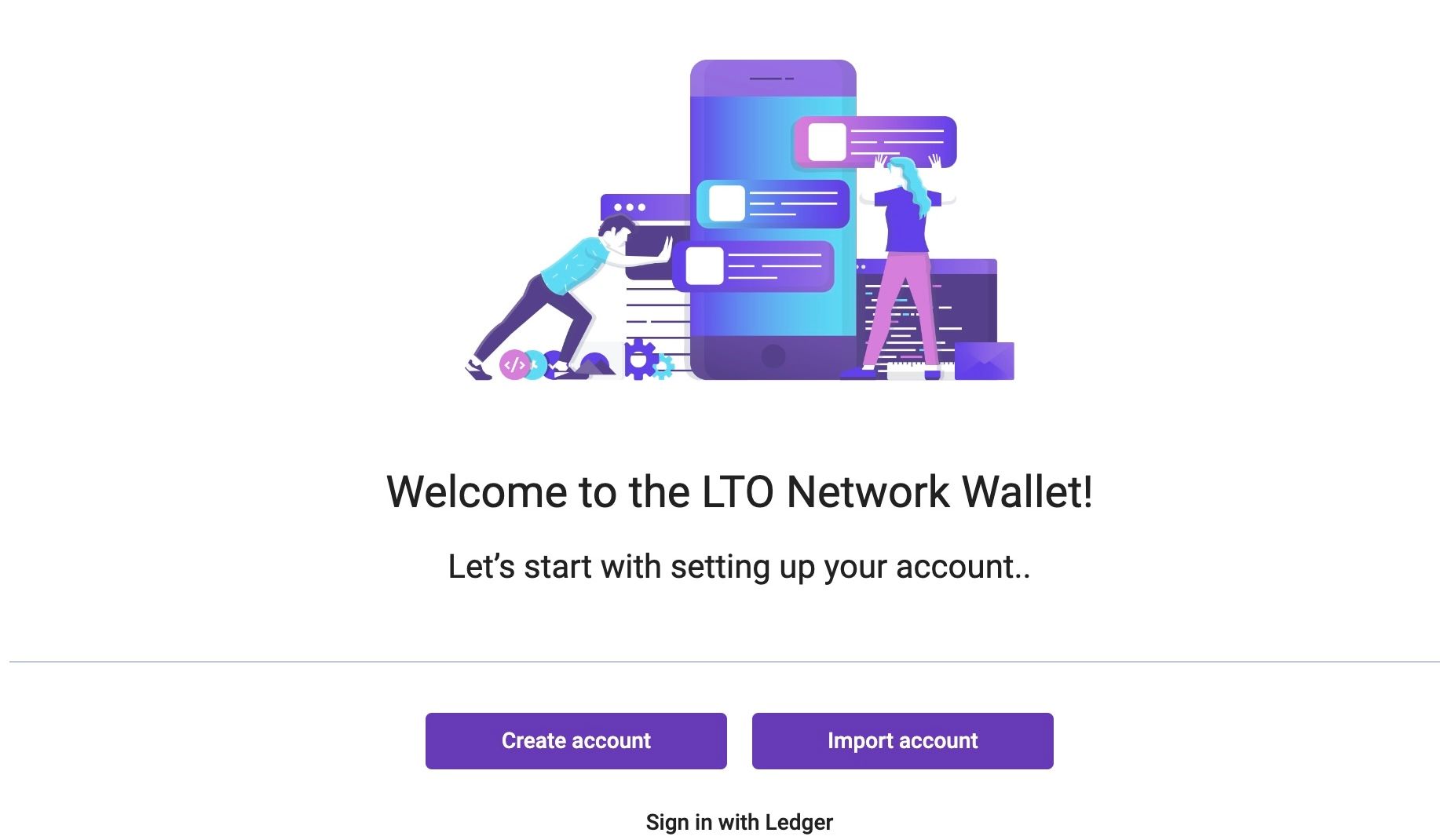Your keys, Your coins - Understanding the risks of blockchain.
Intro
Recently, the cryptocurrency industry has been exposed to a significant amount of uncertainty, with numerous influential companies in financial distress. LTO Network strongly supports decentralization and believes coin holders should be in charge of their assets. We would like to share some information to help our beloved community better educate themselves and understand a few topics so you can remain safe against the potential risks surrounding the custody of coins and tokens.
Centralized Exchanges
Users often utilize Centralised Exchanges (CEX) (e.g., Bitvavo, Binance) as their primary storage place. The convenience of CEXs is one of the primary persuasion points for users as they have user-friendly interfaces, easy on-ramps from banks, and enjoyable user experiences. However, users are often unaware of the risks involved.
CEXs use a cold and hot wallet mechanism. The hot wallet is connected to the internet, while cold wallets generate keys without being connected to the internet. The connection to the internet makes hot wallets convenient, considering assets in these wallets are instantly available for users to withdraw.
However, this convenience comes at a cost; hot wallets are more vulnerable to cyber attacks as they are connected to the internet. Thus, most well-reputed exchanges store most of their customers' funds offline in a matrix of cold wallets and only keep a certain amount needed for user withdrawals in hot wallets. Nevertheless, user deposits in hot wallets are still at risk.
Liquidity Risks
One of the most quoted sentences in the cryptocurrency industry is, "Not your keys, not your coins." The main issue with using CEXs is that the private keys are not held by the user but by the CEX. Consequently, the CEX has complete control over your funds, while the user solely has permission to deposit or withdraw the funds. This kind of wallet is called a custodial wallet, whereby a third party holds the private keys instead of the user. The CEXs can lend or invest your deposits without you knowing.
Additionally, in case of financial distress, the CEX can simply stop withdrawals and lock users' deposits, making it impossible for users to reclaim their funds. A recent example of a CEX in financial distress is FTX; many users cannot withdraw their deposits due to liquidity issues.
Non-Custodial Wallet
Users can utilize non-custodial wallets (e.g., Metamask) to prevent the operational and liquidity risks that CEXs impose. A non-custodial wallet implies that the user holds the private key and thus controls the funds. The LTO Network wallet is a non-custodial wallet that allows you to store, bridge, and lease tokens! It is also working on a new non-custodial wallet, the LTO Universal Wallet. The wallet is developed in conjunction with Wealize Digital, a digital product studio with extensive knowledge of blockchain technologies. The wallet is currently in Alpha and is being tested by a handful of community members.

Staking
Compared with custodial wallets, the enhanced security of non-custodial wallets is just one of the feats. Non-custodial wallets open the world to many DeFi and NFT products, such as staking or yield farming. LTO Network has a staking (i.e., leasing) program where over 138 million LTO tokens are currently staked against a competitive variable APY of approximately13%. When a user stakes tokens, those tokens are delegated to a chosen node which creates blocks and stores transactions for the LTO Network. As of writing this blog post, 95 active LTO nodes are ensuring the decentralization and security of the network. Each node has its own commission fees (i.e., 1 to 5%) and features (i.e., auto-compounding rewards). The token holder earns a passive variable APY for delegating while the tokens remain permanently in the user's wallet. Thus, the user remains in control of the tokens and can cancel the lease anytime. Staking your assets on LTO Network is easy and can be done through the LTO Wallet; a tutorial can be found here!
About LTO Network
LTO Network is Europe's most advanced blockchain project. It is fully decentralized and highly efficient. Currently it is used worldwide by businesses, governments and institutions like the UN, Dutch government and more.
The network has several technologies that can be used to provide solutions for decentralized data security, digital identities, privacy and the ownership of digital assets and digital collectibles.
Stay up to date with LTO Network - Twitter | Telegram | Reddit | YouTube Facebook | Instagram | LinkedIn | Github |.
